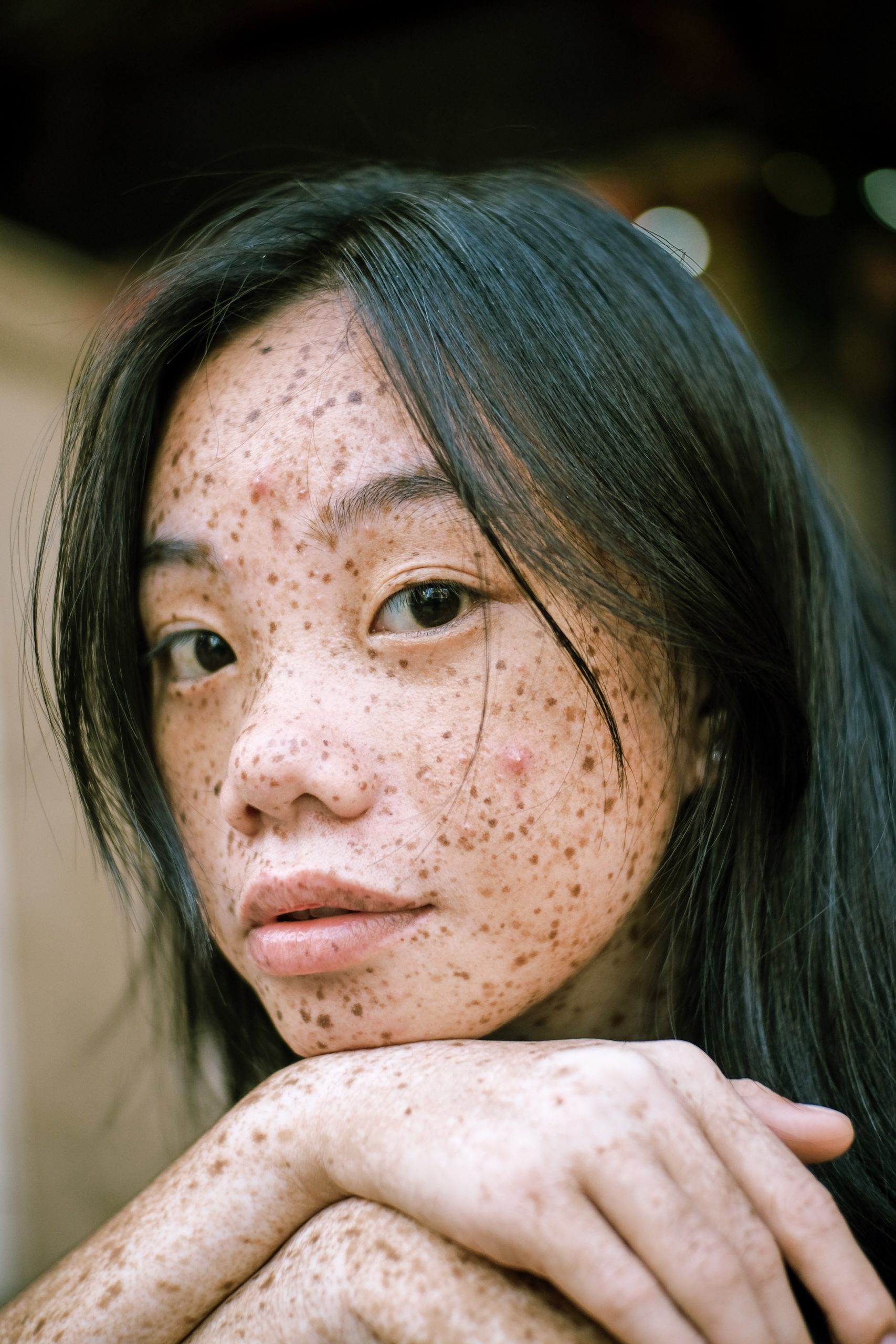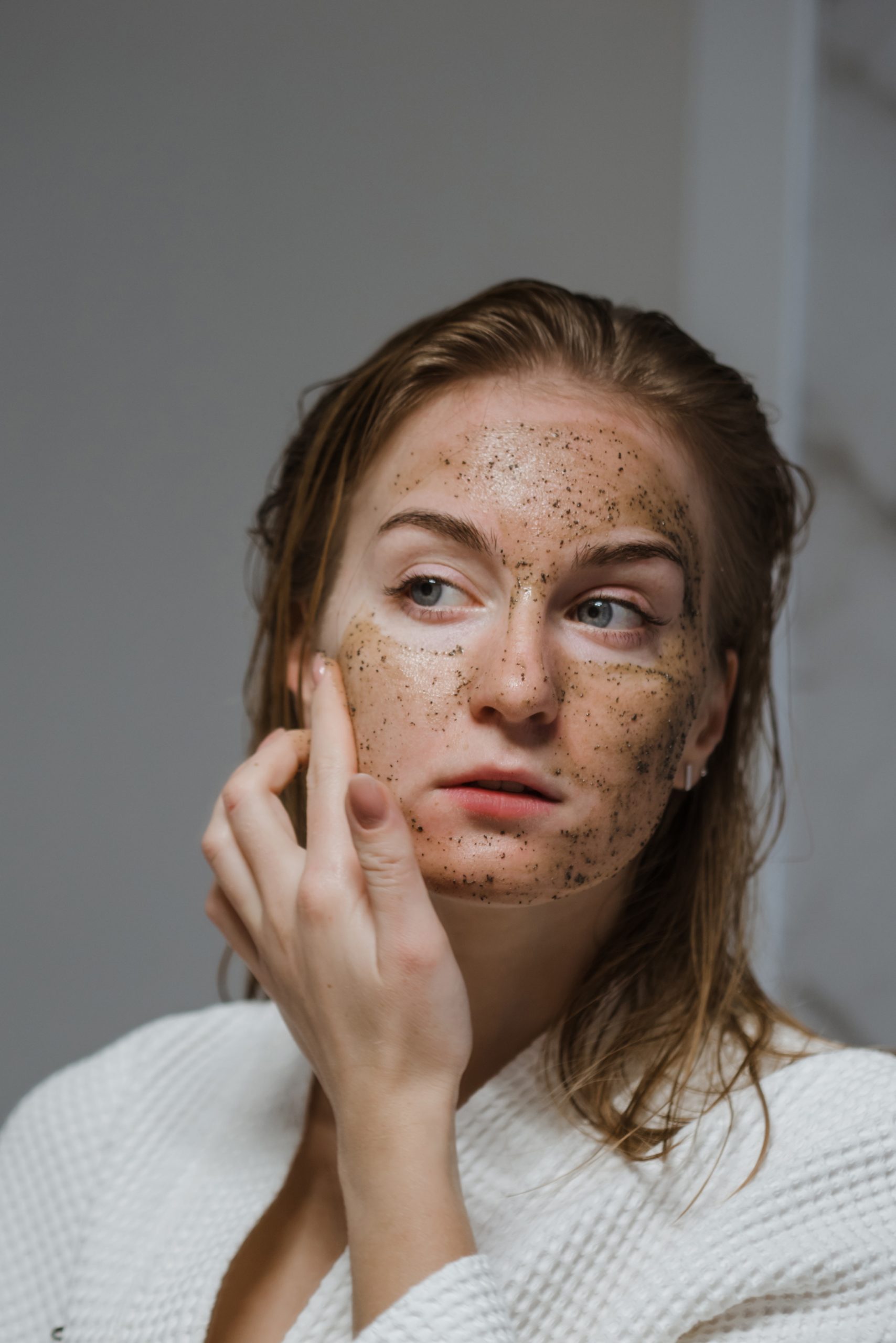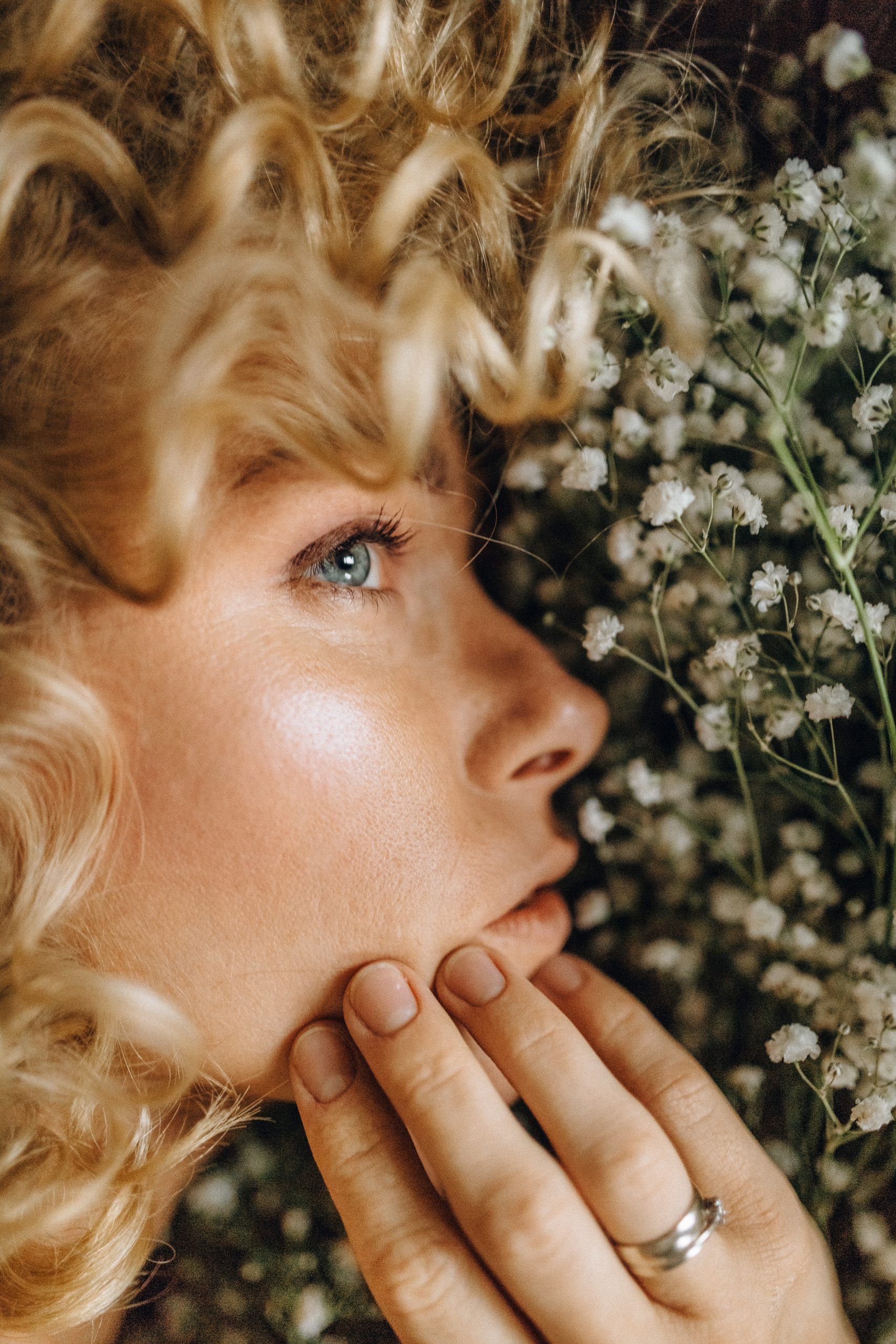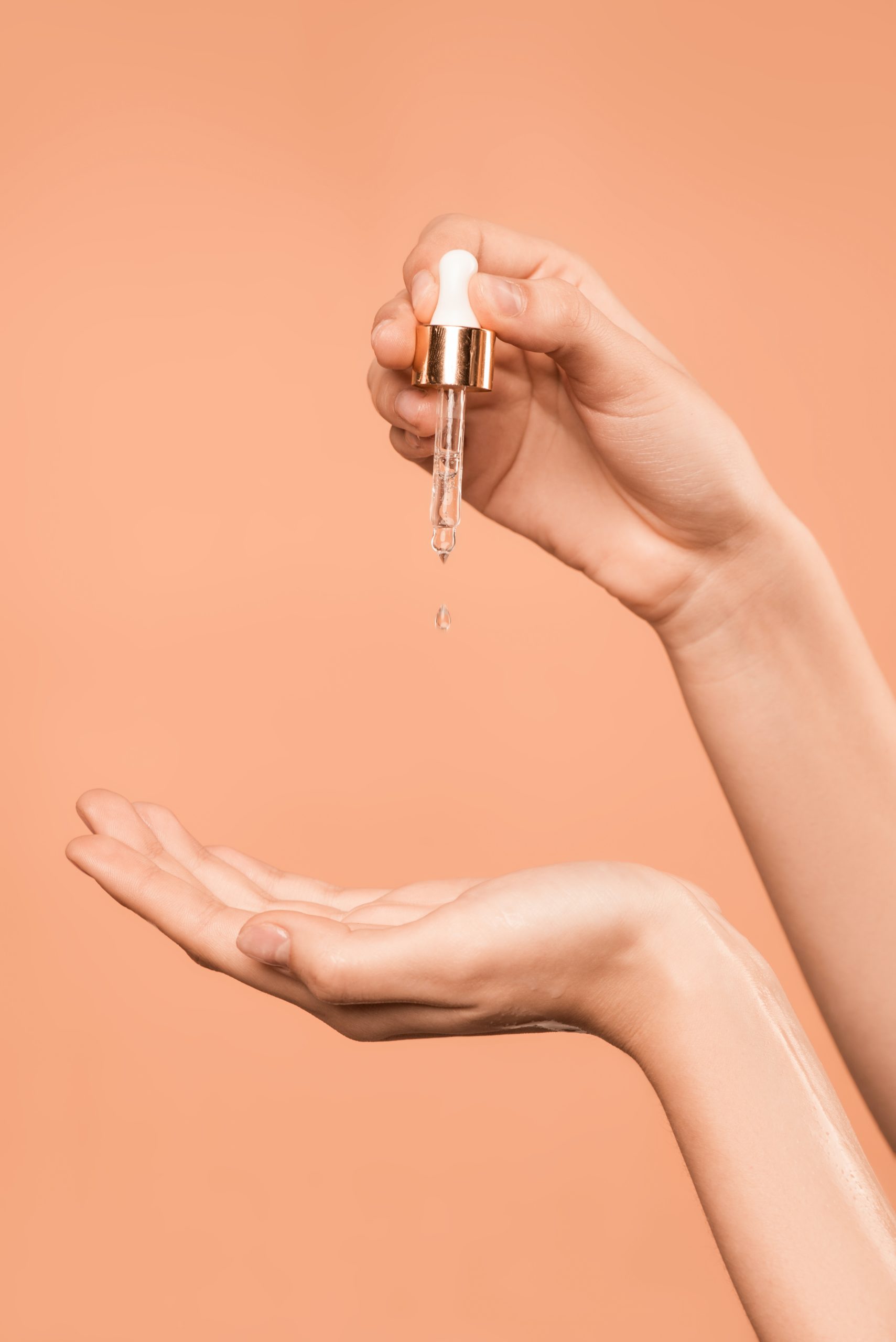Different types of ingredients need to be considered when tackling skin concerns such as, dry, ageing or mature, oily, acne prone and dull skin.

Being mindful of what is both good for your skin and
what is bad will determine the right product for you.
For example, alcohol in some products can dry out the skin and although collagen is crucial in the ageing process when naturally produced by the body, applied topically, it hardly does anything for anti-ageing, at best it aids in hydration. Rather, what you need is an ingredient that aids in collagen production such as, Retinol or Rosehip oil.
Selecting a skin care product based on its ingredients is a crucial step to aid in the health of one’s skin.
Skincare ingredients to look for:
1. Hyaluronic acid (applied topically)
Suitable for:
- All to dry skin types
- Sensitive and oily skin
- The perfect allrounder
Benefits:
- Hydration
- Promotes healthier supple skin, reduces the appearance of wrinkles, redness, dermatitis
- Has a key role in wound healing due to its antibacterial properties
Tips:
- Apply after toner and serums
- Apply with already damp skin so that it retains moisture
- Hyaluronic acid will not work to its best ability if the face is not damp
2. Rosehip oil (applied topically)
Suitable for:
- Dry skin
- Mature skin
Benefits:
- Boosts naturally occurring collagen to create skin elasticity and firmness
- Hydrates with the help of fatty acids (linoleic) which strengthen the cell walls of the skin and supports retain water
A dry not greasy oil, that easily absorbs into the skin
- Helps reduce scars and fine lines, hyperpigmentation, sun exposure and hormonal changes
- High percentages or vitamins A and C (benefits for these shown below)
- Boosts naturally occurring collagen levels to help increase skin elasticity and firmness
- Full of antioxidants and antibacterial properties (phenols)
Tips:
- Make sure to keep it out of sunlight and warmer temperatures
- Use as the last step of a skincare routine, before bed
- If your foundation is to dry often one to two drops of Rosehip oil gives a youthful glow without greasiness, preventing the skin becoming dehydrated from the makeup
Fun fact:
Derived from Rosa Canina – a rose bush from Chile. It is different from rose oil which comes from rose petals and derives from the pressed fruit and seeds of the plant (Rosa Canina).
3. Caffeine (applied topically)
Suitable for:
 Red, puffy, and sensitive skin
Red, puffy, and sensitive skin- Dark under eye circles
- Mature skin
Benefits:
- Calming (opposite to drinking coffee)
- Reduces the appearance of dark under eye circles
- Rich in antioxidants
- Anti-inflammatory
- Antibacterial
- Helps reduce the appearance of sunspots and appearance of fine lines
Tips:
- Keep cool and store in a darkly lit space
Fun Fact:
Coffee grounds can be used as a skin exfoliator or mixed with a little olive oil – an exfoliating mask.
4. Zinc (applied topically)

Suitable for:
- Acne prone skin types
Benefits:
- Helps clear acne-causing bacteria from skin
- Helps reduce oil production
- Reduces acne and acne scaring
- Anti-inflammatory properties helping reduce redness and irritation
- Can be used to aid other skin conditions such as melasma, rosacea, seborrheic dermatitis and eczema
Tips:
- Spot test first
- Use as a serum for best results
5. Vitamin C (applied topically)
Suitable for:
- Sun damage
- Mature skin
- Dull skin
- Hyperpigmentation
Benefits:
- Reduces wrinkles
- Helps protect against sun damage
- Reduces hyperpigmentation
- Evens out skin tone
- Brightening
- Aids in the healing of wounds
- Creates a barrier against pollution
Tips:
- Use both morning and night and for best results, after toner and before moisturiser
Do not combine Vitamin C and Retinol (Vitamin A) as it can reduce the other’s effects/neutralise each other
- Vitamin C can be found in face wash/cleansers, moisturisers, sunscreen even some powders, if you are the type of person who has no time for an elaborate routine try and use it in combination with something else
The dryer the skin, the lower the percentage of vitamin C should be used, to solve this dilute in moisturiser
- If the serum or product starts to change colour (oxidising) throw it away
Fun fact:
Once applied Vitamin C cannot be easily wiped or washed off thus, missing applications will not be too detrimental to overall result. It also works in combination with SPF (not as a replacement) to boost skins protection against the sun.
6. Vitamin A/Retinol (applied topically)
 Suitable for:
Suitable for:
- Mature skin
Benefits:
- Stimulates the production of new skin cells (creatingnew skin)
- Can help production of collagen
- Speeds up the skin turnover process which in turns reduces the signs of wrinkles, dark spots, fine lines and acne
- Promotes a radiant glow
Tips:
- Well known for causing irritation at the beginning of use, it is advised to spot test and apply with care(symptom such as, dryness, itchiness, redness and increased sensitivity can occur)
When eased into softly (I.e applied less frequently increasing gradually, less irritation is likely to occur
- If the above symptoms persist an alternative method would be retinal also called reinaldehyde or bakuchiol which appear to cause less irritation than retinol

Fun fact:
Vitamin A and Retinol are the same thing and has the best scientific evidence of anti-ageing.
Final Notes
Anti-ageing products are often left to too late, from early twenties onwards an anti-ageing ingredient should be implemented into the skincare regime as a form of prevention rather than used to fix the problem.
For oily skin types, it is still necessary to hydrate it. Often the production of excess oil is due to the skin trying to rehydrate itself, thus helping this process should slow down the production of oil. Sometimes choosing products that stop oil adds to the problem, it is better to choose something lightweight and hydrating. However if symptoms are excessive its advised to see a health professional.







 Red, puffy, and sensitive skin
Red, puffy, and sensitive skin



